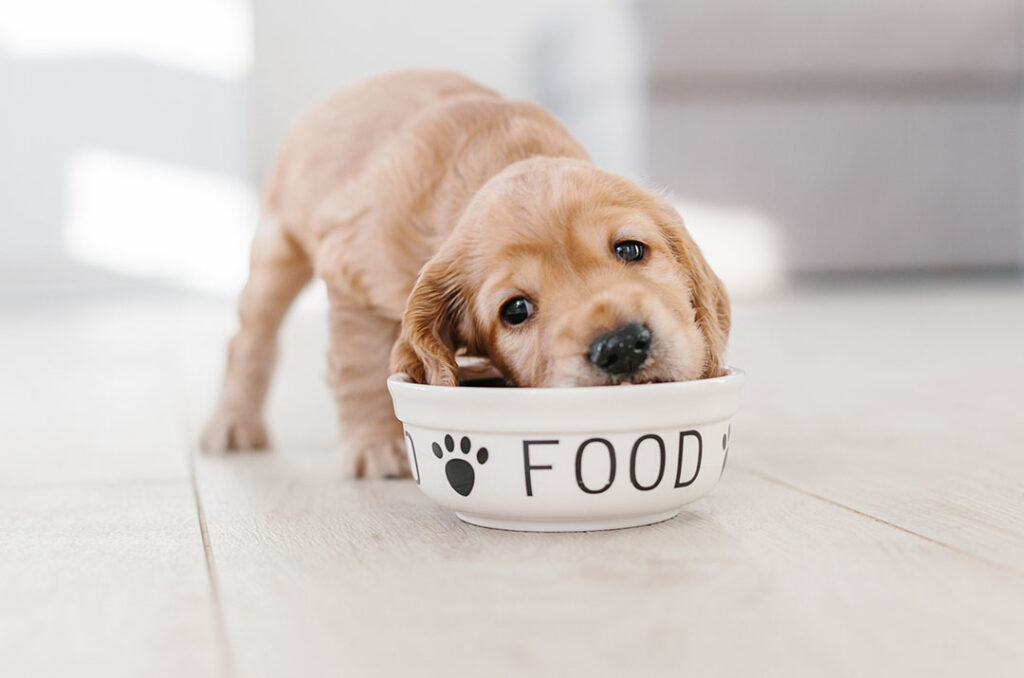
In recent years, the pet food industry has seen a surge in the popularity of grain-free diets. Pet owners have been gravitating towards these diets, believing they are a healthier choice for their furry companions. However, it is important to delve into the subject and understand the potential risks associated with grain-free diets. To provide clarity, this blog post will shed light on the role of the Association of American Feed Control Officials (AAFCO) in pet food regulation and explore why grain-free diets may not be as beneficial as they seem.
What is AAFCO?
The Association of American Feed Control Officials (AAFCO) is a non-profit organization responsible for setting standards and regulations for animal feed and pet food in the United States. AAFCO develops guidelines for pet food manufacturers to ensure that the products meet minimum nutritional requirements for pets. These guidelines are not legally binding, but many states incorporate them into their laws.
AAFCO’s primary goal is to protect the health and welfare of animals by establishing safe and nutritionally complete diets. They define the minimum nutrient levels necessary for pets and provide guidelines for product labeling, including appropriate ingredient descriptions, nutritional claims, and feeding directions.
The Grain-Free Diet Trend:
Grain-free diets gained popularity due to the misconception that grains are harmful to pets. However, it is crucial to understand that dogs and cats can digest and benefit from grains as part of a balanced diet. Grains like wheat, corn, and rice can provide essential nutrients such as carbohydrates, fiber, and some vitamins.
Risks of Grain-Free Diets:
- Nutritional imbalances: Many grain-free diets replace grains with alternative ingredients like potatoes, legumes, or tapioca. While these ingredients can be used as part of a balanced diet, an exclusive reliance on them may lead to nutritional imbalances. These diets may be deficient in certain essential nutrients such as amino acids, vitamins, and minerals, which are necessary for optimal pet health.
- Dilated cardiomyopathy (DCM): The FDA has issued a warning linking grain-free diets, specifically those high in legumes like peas and lentils, with an increased risk of developing DCM—a potentially life-threatening heart condition in dogs. While more research is needed to fully understand this correlation, it highlights the potential risks of unbalanced diets.
- Lack of scientific evidence: Currently, there is limited scientific evidence to support the overall health benefits of grain-free diets. On the other hand, there is an abundance of research supporting the benefits of well-balanced diets that include grains and other essential ingredients.
When it comes to choosing the right diet for our pets, it is essential to make informed decisions based on reliable information. While the popularity of grain-free diets has soared, it’s important to consider the potential risks they pose. AAFCO plays a vital role in setting standards for pet food, ensuring that the nutritional needs of our furry companions are met. Opting for a balanced diet that includes grains, alongside other necessary ingredients, is generally the safest choice to provide our pets with the nutrition they require for a healthy and vibrant life. Always consult with a veterinarian to determine the best

